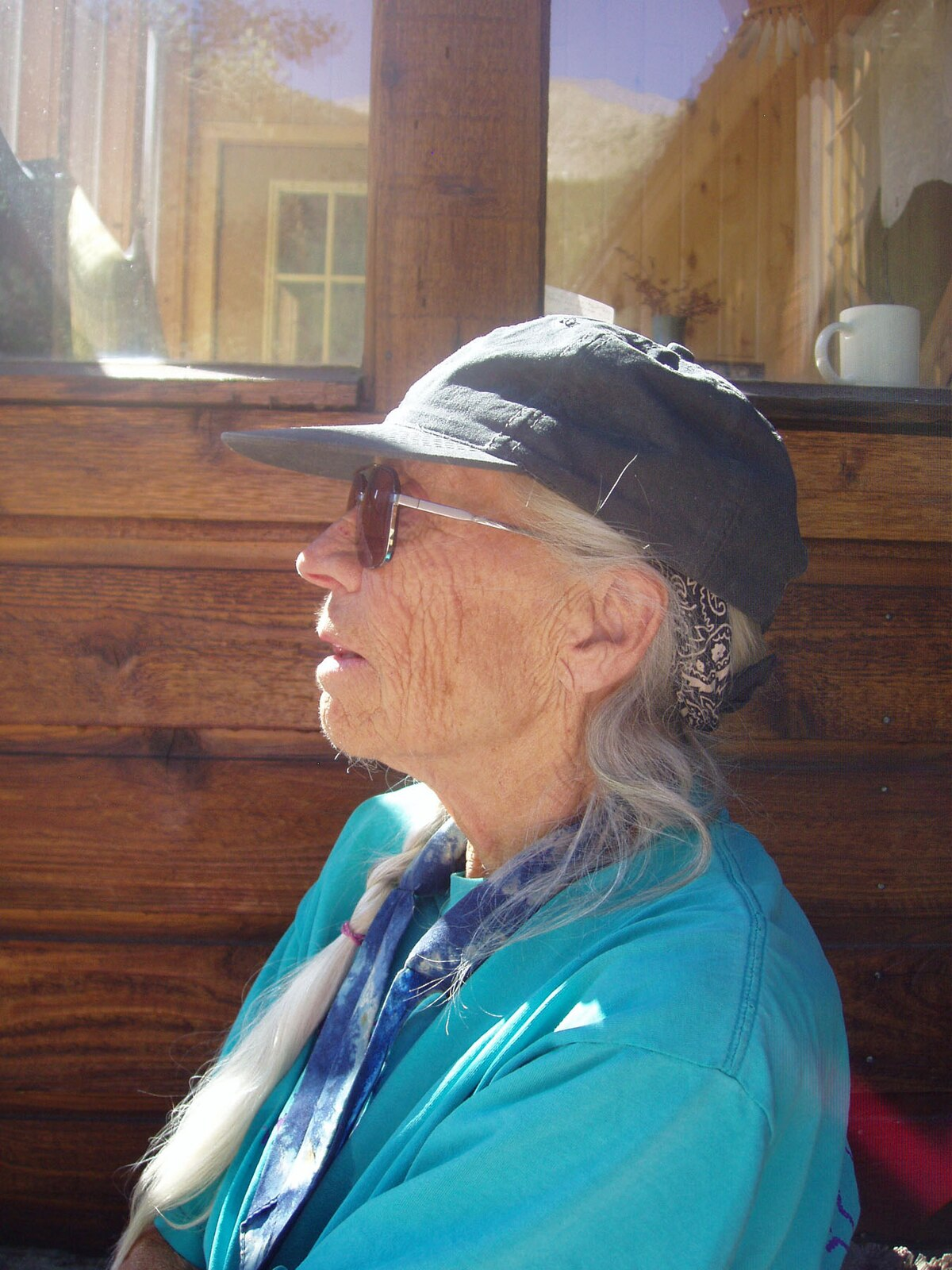«The bioregional concept can be described as the vision of a human society connected to the geography of the earth, as an integral part of the fabric of life, as living and working in accordance with the natural rhythms and cycles of specific places. These places are bioregions. The earth itself is organized into bioregions, homogeneous territories defined by continuity of landscape, climate or soil, or by the entirety of a river basin, or by the range of native plants and animals, but also by human cultures that in that place have been able to evolve in a sense of reciprocity with the surrounding environment. Mainly the bioregional idea allows us to see and address social and environmental problems from another point of view. It considers the place where one lives, one's bioregion, no longer as a material entity to be exploited, for the exclusive well-being of man, but rather as a set of beings and relationships».
Giuseppe Moretti, Rete Bioregionale Italiana, 2000
"Both capitalist society and what remains of the so-called "real socialism" society, and societies crossed by religious-fundamentalist movements, are terribly highlighting all their environmental, social and economic limits. The planetary danger of a nuclear catastrophe, war, pollution, social injustice, are only some of the most striking aspects that are there to deeply undermine the myth of domination and development that would seem to have always guided these hierarchical-dominator societies in their thoughts and actions.
But in the history of human beings and in particular in Europe, have things always been this way? Is it really an intrinsic destiny of human societies, from the simplest to the most complex, to generate aggression, violence and domination towards human beings themselves and towards nature? And what can alternative ecological movements such as bioregionalism or even the peace movement or feminism currently represent, compared to the deployment of cultural and material forces deployed by dominant societies to maintain their supremacy?
To seek an answer to these questions and rediscover our ancient European roots, together with the wisdom of our native ancestors, here is what at first glance might seem like just a nice story but which could help us give a new meaning to our lives…"
Stefano Panzarasa - Italian Bioregional Network
"We give thanks to the earth
that gives us our home.
We give thanks to the rivers and lakes
that give us their water.
We give thanks to the trees
that give us fruit and nuts.
We give thanks to the sun
that gives us heat and light.
All beings on earth: trees, animals,
the wind and rivers give each other
so everything is in balance.
We make our promise to begin
to learn how to be in harmony with the whole earth."
Dolores La Chappelle, from Earth Prayers, 1991
Testo Italiano:
«Il concetto bioregionale può essere descritto come la visione di una società umana connessa alla geografia della terra, come parte integrante della trama della vita, come il vivere e il lavorare nel rispetto dei ritmi e dei cicli naturali di luoghi specifici. Questi luoghi sono le bioregioni. La terra stessa è organizzata in bioregioni, territori omogenei definiti per continuità di paesaggio, di clima o di suoli, oppure dall'interezza di un bacino fluviale, o dall'areale di piante e animali nativi, ma pure da culture umane che in quel posto hanno saputo evolversi in senso di reciprocità con l'ambiente circostante. Principalmente l'idea bioregionale ci permette di vedere e affrontare i problemi sociali e ambientali da un altro punto di vista. Essa considera il luogo in cui si vive, la propria bioregione, non più come una entità materiale da sfruttare, per l'esclusivo benessere dell'uomo, ma piuttosto come un insieme di esseri e relazioni».
Giuseppe Moretti, Rete Bioregionale Italiana, 2000
"Sia la società capitalistica, sia ciò che rimane della società del cosiddetto "socialismo reale", sia le società percorse da movimenti a carattere religioso-integralista, stanno mettendo terribilmente in luce tutti i loro limiti ambientali, sociali e economici. Il pericolo planetario di una catastrofe nucleare, la guerra, l'inquinamento, l'ingiustizia sociale, sono solo tra i più eclatanti aspetti che stanno lì ad incrinare profondamente il mito di dominio e di sviluppo che sembrerebbe abbia sempre guidato queste società di tipo gerarchico-dominatore nei loro pensieri e nelle loro azioni.
Ma nella storia degli esseri umani e in particolare in Europa, le cose sono andate sempre così? È proprio un destino intrinseco delle società umane, dalle più semplici alle più complesse, generare aggressività violenza e dominio nei confronti degli esseri umani stessi e della natura? E cosa possono rappresentare attualmente movimenti alternativi ecologisti come il bioregionalismo o anche il movimento per la pace o il femminismo, rispetto allo spiegamento di forze culturali e materiali messe in campo dalle società dominanti per mantenere invariata la loro supremazia?
Per cercare una risposta a questi interrogativi e ritrovare le nostre antiche radici europee, insieme alla saggezza dei nostri antenati nativi, ecco quella che a prima vista potrebbe sembrare solamente una bella storia ma che potrebbe servirci per dare un nuovo significato alla nostra vita…"
Stefano Panzarasa - Rete Bioregionale Italiana
«Rivolgiamo il nostro ringraziamento alla terra
che ci dona la nostra casa.
Rivolgiamo il nostro ringraziamento ai fiumi e ai laghi
che ci donano le loro acque.
Rivolgiamo il nostro ringraziamento agli alberi
che ci donano frutti e noci.
Rivolgiamo il nostro ringraziamento al sole
che ci dona calore e luce.
Tutti gli esseri sulla terra: gli alberi, gli animali,
il vento e i fiumi si donano l'un l'altro
così tutto è in equilibrio.
Rivolgiamo la nostra promessa di iniziare
a imparare come stare in armonia con tutta la terra».
Dolores La Chappelle, da Earth Prayers, 1991






Nessun commento:
Posta un commento
Nota. Solo i membri di questo blog possono postare un commento.